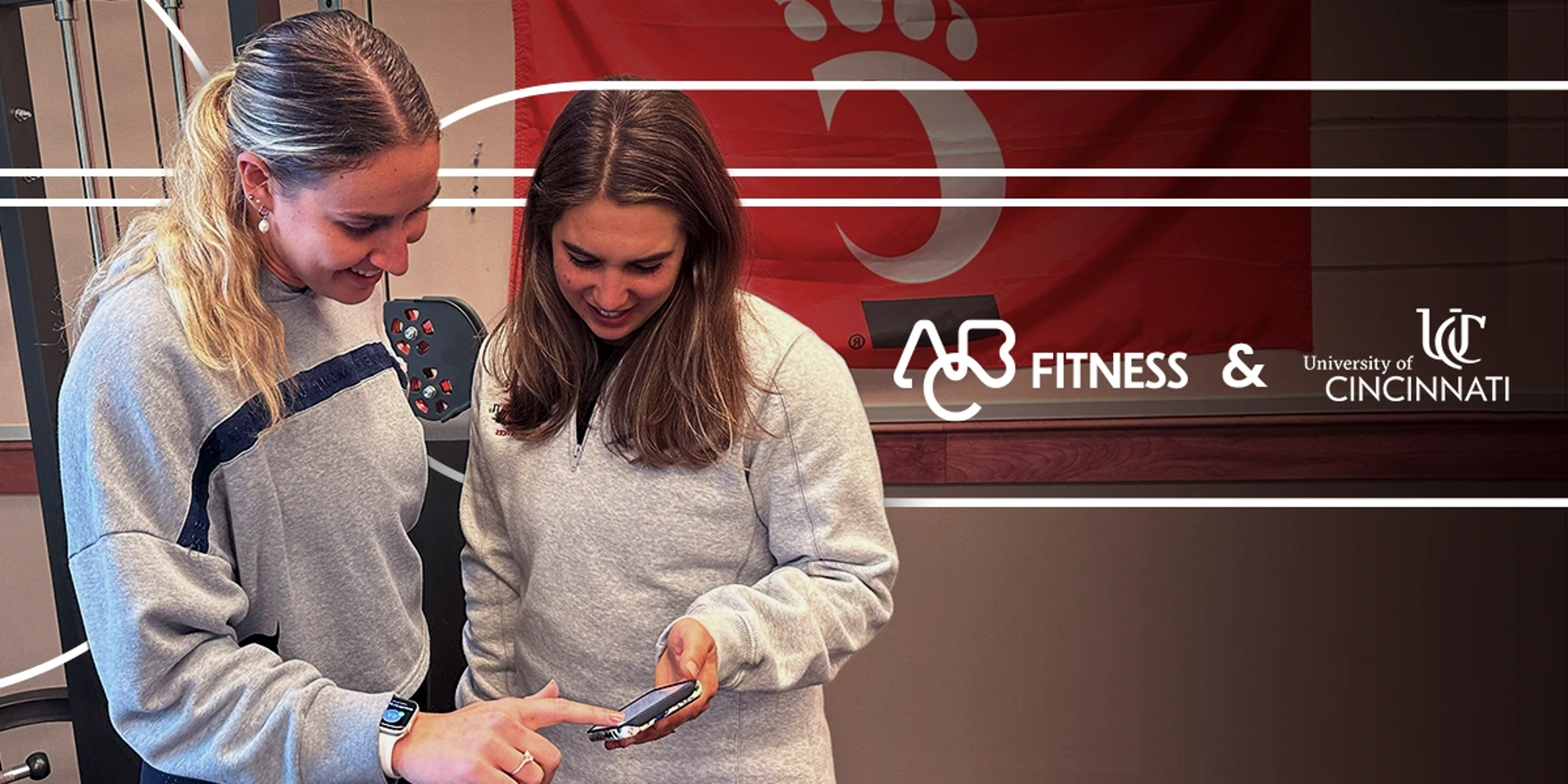Jobs
The dark side of the ‘summer of a lifetime’: young Britons exploited in jobs at Mediterranean party resorts

The experience is sold as the “summer of a lifetime”: a chance to party in the sun while getting paid. And each year, thousands of Brits take up seasonal jobs abroad, tempted by beaches, nightclubs, boats and booze.
But young people booking working holidays in the Mediterranean are being misled into working illegally – and sometimes living in squalor – after being given false promises by unregulated agents, an investigation has found.
The Observer has uncovered allegations of exploitative practices by middlemen offering summer jobs in European party destinations such as Ayia Napa, Zante, Ibiza and Magaluf.
The main agencies have offices in the UK and advertise heavily on TikTok and Instagram. They claim to provide a “complete package” including jobs, event entry and accommodation, typically costing £500-£800 for a month.
On a website with women in bikinis and men on quad bikes, one firm says it is “recruiting now” and has “jobs available” in various resorts. Another offers the chance to book “your dream working holiday package,” which it says includes “jobs and recruitment in your chosen resort”.
What the marketing doesn’t mention is that the agencies don’t arrange or guarantee jobs – and those signing up are required to find work themselves. Nor does it make clear that post-Brexit, it is illegal for Britons to work in EU countries without a visa or work permit, which can be difficult to obtain.
People who paid for packages with Workers Family, which claims to be “Europe’s #1 Working Holiday Provider”, told the Observer they were promised meet-and-greets with employers, job trials and other help on arrival – but that this did not materialise. In welcome emails, they were told they had been “accepted to work” and that the company had “everything arranged for you to make your summer of a lifetime as simple as possible”. But when they arrived, they say they got little support from reps on the ground and were left to try to find work themselves.
In some cases, people were forced to return home because they could not find jobs so couldn’t afford to stay. Others worked for exploitative employers who withheld their wages or churned through new recruits – getting them to do unpaid job trials before letting them go.
Ex-workers, often in their late teens, said it was normal across the resorts for young Brits to end up working illegally as PRs, ticket-sellers or servers because they could not find employers willing to help them secure visas – leaving them at risk of fines, imprisonment and without legal protections.
One British student found cash-in-hand work at a beach club on a Greek island after paying for a package with Workers Family. She said: “We didn’t have visas or anything. If the police showed up, we’d all have to just fit into the crowd. They said: ‘If the music goes off, just blend in’. All the jobs are like that.”
She said that when she signed up, Workers Family did not make it clear that she would need to arrange her own visa, and she “didn’t question it”. The website’s terms and conditions place the onus for securing legal documents on the worker, but there is little mention of visas elsewhere.
“I thought the jobs would be linked to their company. I just assumed they’d own the places we’d be getting jobs, or they’d have deals with the people,” the woman said. She added that she had been “lucky” to find the job at all. “When I signed up, they said: ‘Yeah, come work abroad, there’s loads of jobs going’. But there wasn’t. The reps didn’t help at all.”
In official Facebook groups for workers, people speak openly about working without paperwork and advise others not to worry about visas. “I’ve done 3 seasons in ayia napa now and never had any issues!” one person wrote. Another said: “Cash in hand lol.” In one case, a staff member at Workers Family advised a young person that they did not need a visa for their first 90 days in Zante – but did not mention that, to work legally, a non-EU passport holder would need a visa and employment contract. “It’s very dodgy. All workers are actually illegally working – none of us get a visa or anything,” a person claiming to be a customer wrote on Trustpilot.
Brenna Cunningham, 19, who paid for a package with Workers Family this summer, said she was promised a “full recruitment consultation, organised job trials and meet-and-greet with employers” before she flew to Zante, but “didn’t get any of that”.
Many of the jobs were “looks-based”, she said. “There was this bar with a sign outside saying they wanted promoters. One of the girls went in and said, ‘I saw your sign saying you need workers, I’m interested’. They looked her up and down and said no, then sent her off. We also got told that no one wanted to hire us because of our accent,” she said.
Cunningham, who has an Irish passport so could work legally, eventually found a job as a cash-in-hand club promoter – making €20 a night, working 9pm to 3am – but left early after struggling to make ends meet. “I tried to make the most out of it. But I know that, for other people, they were so alone and absolutely hated it. There was nothing they could do because they couldn’t get a job. They were just stuck on their own in another country,” she said.
She knew of others who sold drugs or nitrous oxide balloons because they couldn’t get other jobs, she said. “I thought it would be completely different. When we signed up, they told us, ‘It’s our job to get you a job.’ The whole thing was just a nightmare.”
Some ex-workers also claim they were housed in poor accommodation far removed from the glossy marketing photos. Three people who went with Workers Family told the Observer that, despite being sent emails promising their accommodation would include a “pool area”, kitchenette and air-con, they were housed in a hot room above a takeaway, without a pool or cooking facilities and with air-con charged as extra.
They supplied pictures to support claims that the accommodation was extremely dirty, infested with insects and had broken locks, which left them feeling unsafe. One worker claimed that, when she looked online at the prices of similar rooms, she found they had been charged roughly double the going rate.
Another Workers Family customer, Shona Keddie, 19, who signed up after being approached by a rep on TikTok and paid £700 for a one-month package, plus flights, said she wasn’t expecting five-star luxury but the accommodation was “really bad for what we were promised”, including ant infestations, “disgusting” toilets covered with stains, and broken bunk beds, as well as lax security.
“Random drunk people from the strip would just come into our corridor,” said the teenager, from Arbroath. “Online, the photos show really clean rooms, nice single beds with a fully equipped kitchen and everything.”
The allegations have led to warnings of scams and exploitation of young people seeking seasonal work abroad, and prompted questions over an apparent lack of regulation of working holiday agencies.
after newsletter promotion
Last month, the Home Office issued a warning to people heading for the Balearics about the risks of labour exploitation, including “being forced to work long hours for low wages” – particularly in bars and as club reps – and “working illegally due to a lack of knowledge about EU employment regulations”.
There are reports of similar issues at other resorts across the Mediterranean, particularly the Greek islands and the Cypriot resort of Ayia Napa. Another company, Summer Takeover, has faced allegations that customers with UK passports were not able to find work, even though its website promises to provide “jobs and recruitment in your chosen resort”. It did not respond to a request for comment.
Andrew Wallis, from the modern slavery charity Unseen UK, which supports victims in the UK as well as Britons trapped in exploitation abroad, said it hadn’t received any formal reports to the helpline, but that “scams are ongoing in terms of people being lured and promised everything”.
The charity is working with Border Force and the Foreign Office on a campaign called Operation Karetu to approach young people at UK airports heading for the Balearics, and warn them of the risks. “It’s one of those rites of passage. So it’s getting to them at that point before they get on a plane to say: look, just be aware of this,” he said.
Graeme Buck, a director at Abta, which represents travel agents and tour providers, said there had been a “big decrease” in the official number of Britons doing travel jobs in the EU since Brexit, but that it could still be “a great opportunity for young people” if they went with a reputable provider. He said that those working illegally faced “poor pay and conditions”. “If working illegally without a visa, they face prosecution, deportation and may experience difficulties if they try to enter the EU in the future.”
Trading standards teams in the UK are understood to be considering complaints about working holiday firms. The Advertising Standards Authority is examining evidence about marketing. Its rules say ads targeting UK consumers for recruitment opportunities need to be accurate and not misleading and should“mention any qualifying factors for employment, such as right to work or visas”. “Descriptions and images … need to accurately reflect products or services offered,” a spokesperson said.
Besides advertising regulations, the agencies appear to fall into a regulatory grey area between travel agencies and recruitment businesses, meaning they are not covered by schemes to protect travel customers nor regulations governing employment agencies.
Dr Esther Bott, an expert in tourism and migration at the University of Nottingham, who previously researched young Brits working in Tenerife, said there was a long history of exploitation in sunny resorts, but that the agencies had “sprung up relatively recently” and “need looking into”.
“People think: it’ll be fine – I’ll be on the beach. jumping off this yacht with all these bikini babes. What could go wrong? But the reality is often very far removed from the dream,” she said.
Prof Michaela Benson, an expert in lifestyle migration at the university of Lancaster, said: “They’re selling a service which is: ‘We’ll find you some accommodation and potentially give you advice on finding a job.’ But unless they had legal expertise, they wouldn’t be able to advise on visas. So it’s probably a loophole that means they can get away without doing that.
“This doesn’t seem to be a full service – it doesn’t tell you all the different things you’d need to do,” she added. “There’s a real risk that you’ll be breaking the law … Strictly speaking, if the authorities wanted to crack down on it, they could do.”
Workers Family did not respond to requests for comment. Companies House records show it was first registered in the UK in 2017, and its website lists a UK phone number – to which calls went unanswered last week. In its terms and conditions, it says it now operates under a company registered in Cyprus, called A&A Workers Family, which has two British directors and was incorporated in January.Its terms go on to explain that it is an “accommodation service” rather than a relocation or recruitment agency – and that the onus for securing employment and visas is on workers.
“Workers Family will not be liable for any shortcoming in your official arrangements,” it says, It also won’t be liable for “incorrect advice given or advice that you feel should have been given but which was not”. The firm has previously rejected allegations of poor conditions and false advertising, accusing those leaving negative reviews online of “telling porkies”.
A government spokesperson said: “We urge anyone who feels vulnerable or exploited to seek help through the British Consulate and the UK Modern Slavery helpline.”







